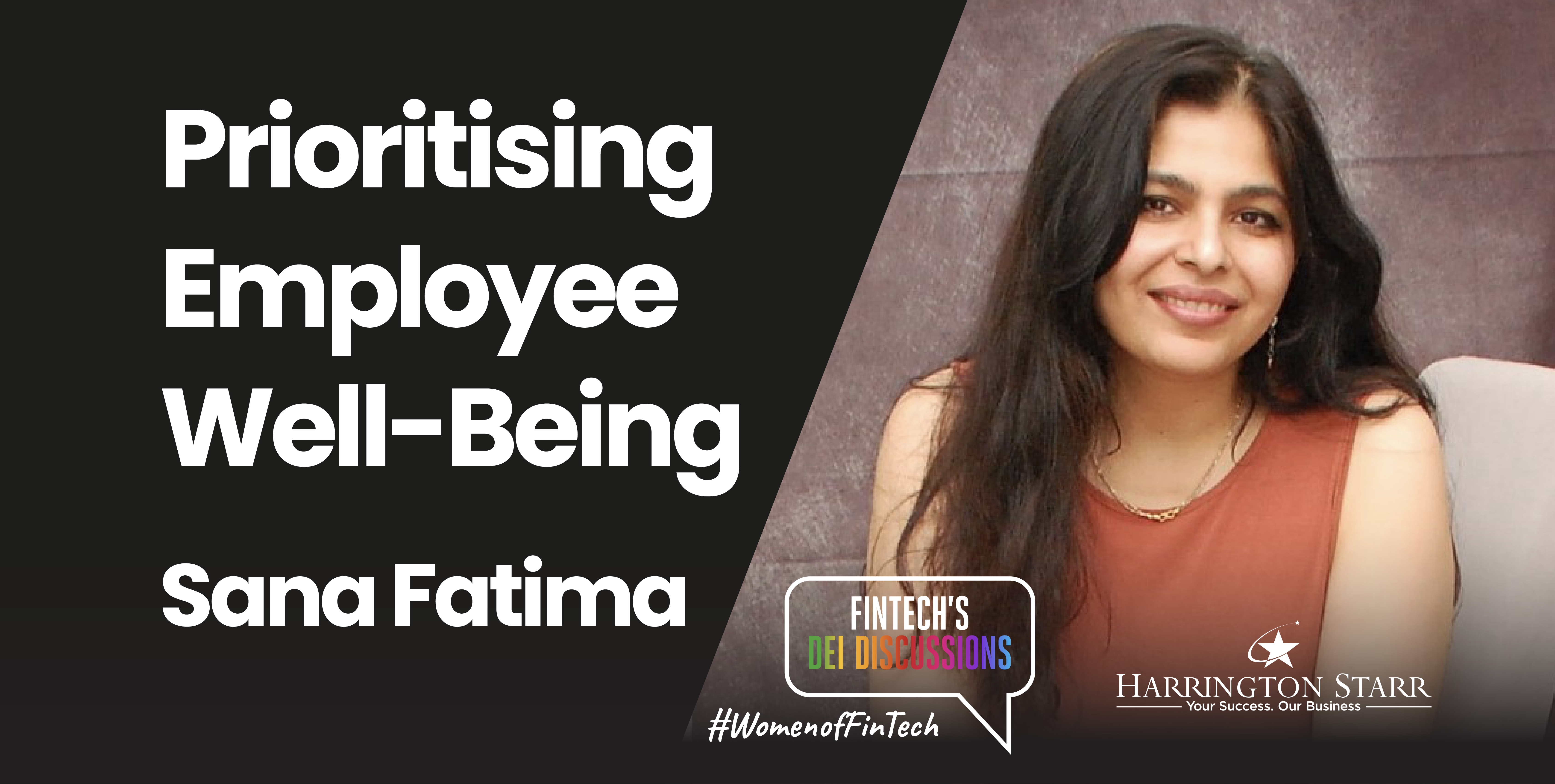
Artificial intelligence is not coming, it's already here. The DEI Discussions is delighted to bring the Artificial Discrimination series: Can AI be trusted with Inclusion? In the latest episode of this exclusive series, Nadia is joined by Krishna Nadella, VP, Business Development, Head of Americas at SigTech. In this episode, the discussion revolves around AI's role in financial technology, emphasizing the crucial need for precise definition in its application. Krishna highlights the significance of trust when sharing data with AI-powered institutions, emphasizing that AI is already an integral part of our daily lives. Additionally, Krishna provides nine guidelines for staying informed about AI, fostering innovation, and embracing continuous learning, emphasizing responsible AI adoption through ethics and collaboration.




